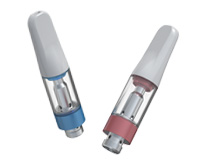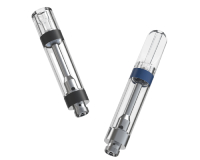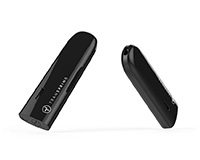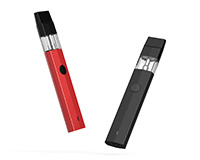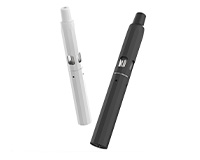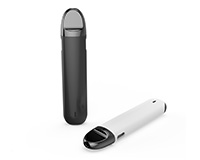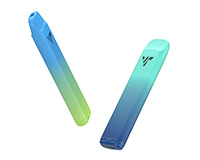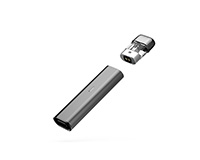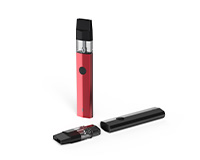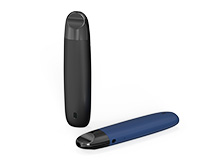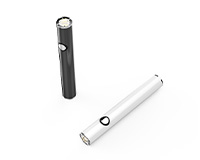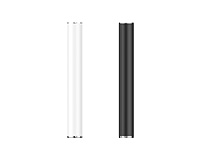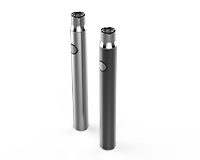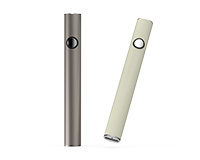Pen Vape Not Charging? Decoding the Essential Factors Influencing Pen Vape Charging
A rechargeable vape pen has become an indispensable part of the vaping culture, offering users convenience, portability, and the ability to savor their favorite flavors on the go. These sleek devices have gained popularity among vaping enthusiasts for providing vapers with the flexibility to enjoy their preferred weed extracts without the limitations of powering them out. However, one crucial aspect that affects the overall experience with pen vapes is the charging process. Understanding the various factors that influence pen vape charging is key to maximizing performance, ensuring longevity, and maintaining a seamless vaping experience. In this detailed exploration, we will work you through the underlying elements that impact both the speed and effectiveness of pen vape charging.
Factors Affecting Pen Vape Charging Speed
Vape Condition: A new vape tends to charge faster and last longer than an old one due to its fresh capacity and efficiency in holding a charge. Users should consider the age of the vape battery to gauge the charging speed of their pen vape accurately.
Battery Capacity: The capacity of the vape battery also influences the charging speed of a pen vape. A battery with a higher capacity will take longer to charge compared to a lower-capacity one.
Current Strength: The amount of electric current delivered during charging impacts the charging speed of pen vapes. Devices receiving a higher current output from the power source will charge faster, whereas lower currents may result in longer charging times. But please note that the charging current should be within the current required by the specification.
Charging Cable: Using a high-quality, appropriate charging cable ensures efficient power transfer and minimizes charging times. In contrast, using substandard or incompatible cables can lead to slower charging speeds and potential damage to the device.
Factors Influencing Proper Pen Vape Charging:
Charger Compatibility: Employing a vape pen charger that has not undergone compliance testing or is incompatible with the specific pen vape model can disrupt the charging process, leading to short circuits or overload.
Charging Cable and Charging Port: Faulty charging cables or dirty charging ports on the pen vape can disrupt the charging process. Regularly inspect the charging cable for any signs of damage and ensure that the charging port on the pen vape is clean and free from debris such as dander, dust, and condensed oil.
Vape Malfunctions: Malfunctions in the cannabis vape, such as a damaged integrated chip or faults caused by extreme temperature conditions, can hinder the normal charging of pen vapes. Manufacturers will indicate the appropriate working and storage temperatures of the devices in the specification sheet. Monitoring the battery health and addressing any malfunctions promptly are critical to maintaining optimal charging performance and ensuring the pen vape charges normally.
Understanding these critical factors that impact pen vape charging can empower vapers to optimize their charging routines, prolong the lifespan of their devices, and elevate their overall vaping experience. By paying attention to these nuances and implementing best practices, users can unlock the full potential of their vape pens and enjoy consistent performance with each use.




